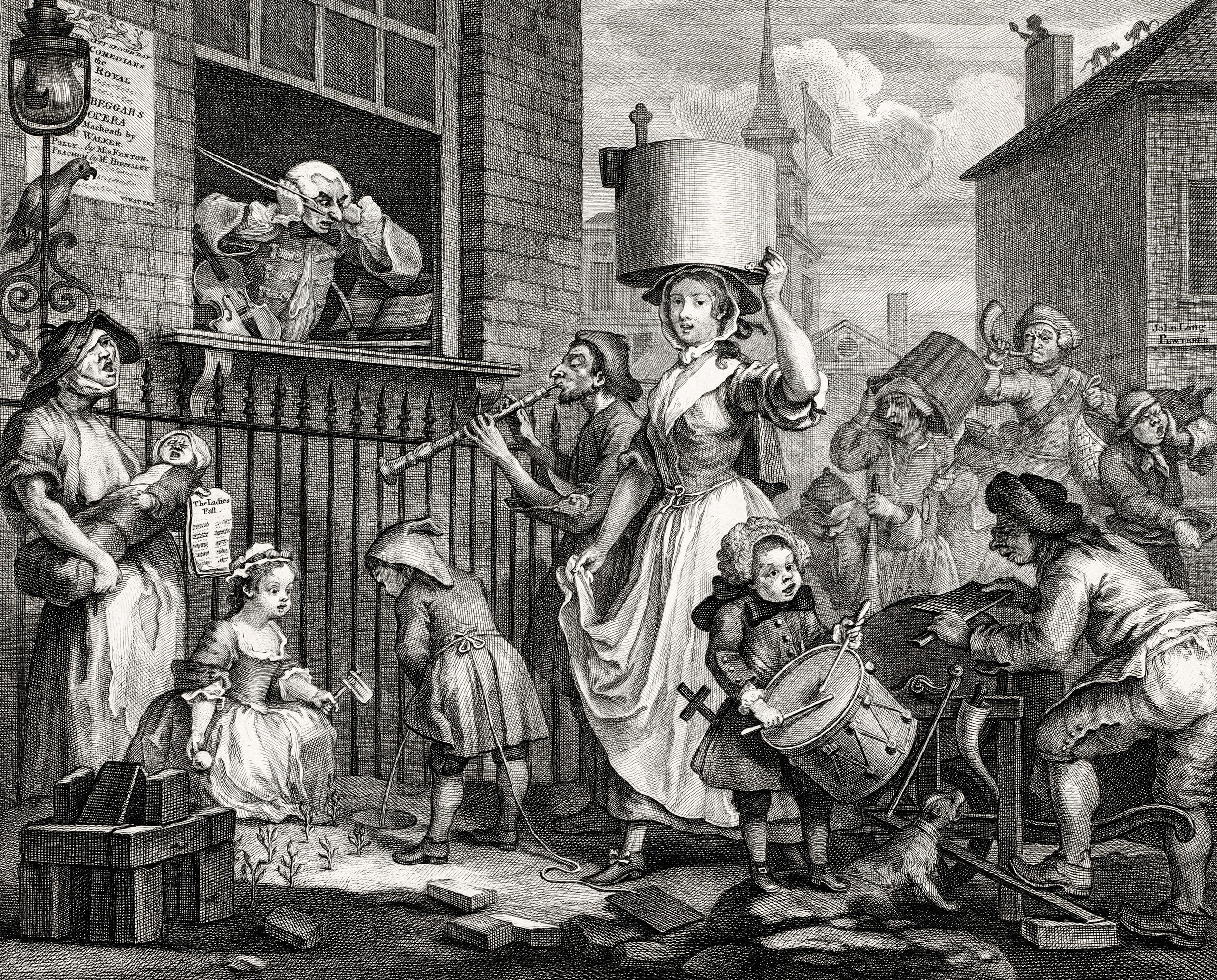The more I have joked to friends that writing The Shortest History of Music was tantamount to writing the shortest history of breathing, the more I have come to realise that, in a sense, that is exactly what I have done.
If we can’t even be precise about the origins of blues and jazz, musical forms that sprang to life around the start of the twentieth century, it is impossible to speak with any degree of authority about the origin of music. But we can speculate. As early hominins chipped away with stone tools two million years ago, did they hear how their rhythms fell into and out of step? Homo erectus possessed the facial bone structure to make different pitches: did they croon to their hairy babies? It’s hard to believe they didn’t.
What is certain is that human beings and their forebears have always breathed, and breathing creates rhythm willy-nilly. We might, then, with some confidence, postulate the origin of music as the moment the first hominins noticed and paid attention to the sounds of their own bodies, their breathing and their heart beats, the rhythms created by their feet as they walked and ran.
But was that “music”? Most of the indigenous languages of Africa lack a word for music. There are words for singing and storytelling, dancing and playing instruments but not for the overarching concept. Equally, when human beings make musical sounds to assist them in their work or to praise their gods or for any sort of ritual, they are probably not thinking first of the nature or quality of their musical utterance. Many branches of the world’s religions, disapproving of what they consider to be music, find other words to describe the singing or chanting of scriptures and prayers.
In my Shortest History, I put off defining music until the epilogue, because the only satisfactory definition I know is that of the American composer John Cage. Cage said that music is “organised sound,” which it undoubtedly is, and it’s a pleasingly inclusive definition, particularly since it leaves room for the organising to occur in the mind of the beholder. But Cage’s definition misses the importance of music, and it is this importance that gives music its place in history and forges the history of music itself. It is also what makes the notion of music unpalatable to groups like the Taliban.
Part of that importance is the difficulty of talking about it. In songs, music might embrace words, but music itself — all those B flats and F sharps — is abstract. A Mozart string quartet has no meaning except as music: it means what it is. That’s a worrying concept to many, and that is its power.
Most of us feel the power of music and have difficulty accounting for it, but it binds us together in the most intimate and public of situations. Like Homo erectus, we sing to our babies, our music establishing a vital early connection; and from prehistory, at the highest echelons of society, music has celebrated and aggrandised kings and queens. We know this because we have pictures — Ancient Egyptians and Aztecs playing at royal ceremonies; what we do not have is the music itself. Perhaps this is why real historians (as opposed to upstart composers) avoid writing about music.
The idea of these “Shortest History” books is that you can read them in an afternoon. I was told I had forty to sixty thousand words but advised to aim at forty. In the end I notched up forty-eight thousand, which my radio experience tells me is six hours, read aloud. That is not many words to sum up the history of something that has been going on everywhere forever with few concessions to chronological narrative. I confess I was jealous when, while writing my book, The Shortest History of the Crown appeared, in which one thing, by definition, led to another: “The King is dead; long live the King!”
Still, it is strangely liberating to be writing a book in which, perforce, nearly everything you might want to include has to be left out. When people ask me why their favourite composer, singer, instrument or type of music is missing, I mention that I also omitted the entire Byzantine Empire.
The book moves from traditional music — passed on orally — via notated music to recorded music, always keeping in mind that this not a story of progress but accumulation: recording didn’t replace notation any more than notation replaced tradition. Musicians working in different cultures might have their own priorities; the scale of their work might vary — a sea shanty is not a Mahler symphony; they might be employees of pharaohs or Renaissance princes or freelance artists or providers of advertising jingles: they all belong to a tradition that begins with a mother’s singing.
And since a child is born every few minutes and a new song begins, you might say that the history of music is always starting over. •
The Shortest History of Music is published this month by Black Inc.
► Linda Jaivin on squeezing China’s history into less than fifty thousand words




